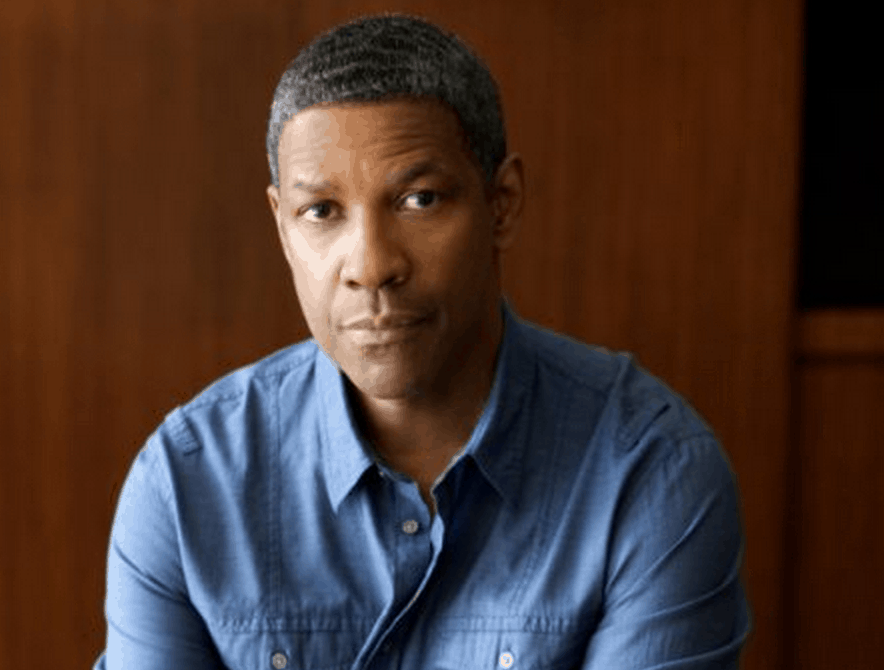
Sitting at the coffee shop, I feel a lump in my throat. I am so nervous, I feel sick; this was a very bad idea.
My former friend is at the glass door. She opens it and looks around. I want to leave. She spots me, smiles and waves. “Long time no see,” she chirps, happily. I fake a smile as she nears the table.
Five years ago, Tina hurt me. I confided in her about being in a deep depression, and asked her not to tell anyone. She proceeded to send out a “prayer request” about my situation to about 50 mutual friends and acquaintances. She betrayed my trust by sharing my secret with so many people, most of whom wouldn’t have known otherwise.
Deciding to go beyond forgiveness, and truly reconciling with this friend was a journey. Forgiveness involves ceasing to feel resentment towards someone. Reconciliation involves the restoring of a relationship, something that can be difficult to do (and something that can’t or shouldn’t happen in some situations).
As we begin to talk, I realize how difficult it is going to be to raise this issue. Should I really choose reconciliation over resentment?
Yes, I should, and I’ll tell you why:
Resentment Hurts You More Than Those You Resent.
Resenting others or situations from the past is a dangerous place to be. It is very isolating to focus on distrust and resentment, while everyone else in the situation carries on with life. It is easy to become cynical, and it can make it hard for you to trust new friends in the future.
This is exactly what happened with my relationship with Tina, I told nobody of my resentment—it was bottled up inside of me.
In Matthew 18, Jesus reminds us how important forgiveness is, how it is an integral part of the Christian faith:“Then Peter came to Jesus and asked, ‘Lord, how many times shall I forgive my brother or sister who sins against me? Up to seven times?’ Jesus answered, ‘I tell you, not seven times, but 77 times.’”
“Forgive and Forget” isn’t Biblical, but Reconciliation Is.
Does the Bible call us to “forget” that others hurt us? Not exactly. Instead, the Bible calls us to acknowledge the hurt, forgive each other and, when appropriate, reconcile with that person.
Reconciliation is truly countercultural. That’s what makes it so appealing. You can forgive and forget, you can resent, or you can reconcile with the person who wronged you. Reconciliation is the most difficult of the three, but helps moving on easier.
It is possible to forgive without reconciling with the other person, when the situation isn’t appropriate for that. For example, a breakup with no further contact or a situation when the other person doesn’t want to reconcile.
Luckily, Tina was willing to reconcile. However, that doesn’t mean I will forget what happened, it just means we will work past it together.
Others Hurt You, but You Hurt Them Too.
There were tears in Tina’s eyes as I began talking to her. It became clear that the situation I had been resenting was hurtful for her, too; she had meant no harm. She told me how much it hurt her when I cut off contact with her. She looked at me with pain in her eyes and said, “Why were you giving me the silent treatment for half a decade?”
It hit me. I had gotten so caught up in resentment and bitter feelings toward Tina that I hadn’t even entertained the fact that she may have been intending to do the right thing. I didn’t have an answer for her. I shrugged, feeling selfish.
Colossians 3:13 says “Bear with each other and forgive one another if any of you has a grievance against someone. Forgive as the Lord forgave you.” As I struggled with forgiving Tina, I thought of this verse. I contemplated what it meant for God to forgive me, and that I should show the same grace to my friend.
Resentment Makes It Hard for You to Trust Others.
Harboring resentment is dangerous and costly. You can become so cynical that you expect bad things to happen, just because they have before. I am actively working on situations I’m resentful about. In the situation with Tina, I took initiative and contacted her to catch up.
In some other situations, I’m not ready to reconcile in person yet. I pray about these situations with friends and wait on God’s timing for when I feel I can face those situations again. In certain situations, it may be wise to have a mediator, this can be a pastor or a mutual friend. Having somebody present who isn’t emotionally entwined in the situation can be helpful to provide insight.
Reconciliation Is the Way of Jesus.
The parable of the lost son (Luke 15:11-32) shows us that reconciliation is the way of Jesus. In this story, a son goes astray. His father could have chosen to disown his son, who had disobeyed him. However, he chose instead to reconcile with him and even celebrate his return.
This is countercultural, and the older son who had obeyed his father all along was resentful of the younger son being welcomed back so readily. It can be difficult to reconcile with others when we feel like we’re right and they’re wrong.
In Matthew 5:44, Jesus says, “But I tell you, love your enemies and pray for those who persecute you.” This is difficult, but we are still called to do it. Even though Tina wasn’t a true “enemy,” it did feel like she was against me at times. Reading this verse as well as the parable of the lost son made me realize I had some work to do on my own character and how I reacted to situations.
I think Bishop Desmond Tutu, who led the Truth and Reconciliation Commission in South Africa, says it best:
“Forgiving and being reconciled to our enemies or our loved ones are not about pretending that things are other than they are,” he says. “It is not about patting one another on the back and turning a blind eye to the wrong. True reconciliation exposes the awfulness, the abuse, the hurt, the truth. It could even sometimes make things worse. It is a risky undertaking but in the end it is worthwhile, because in the end only an honest confrontation with reality can bring real healing. Superficial reconciliation can bring only superficial healing.”
My challenge to you is to choose one person you have a grudge against, pray and ask God what He would have you do to reconcile with that person. Be open to feeling vulnerable and saying how they hurt you. Have an open heart to hear their side of the story, too. Reconciliation is work, but it’s work worth doing.






















